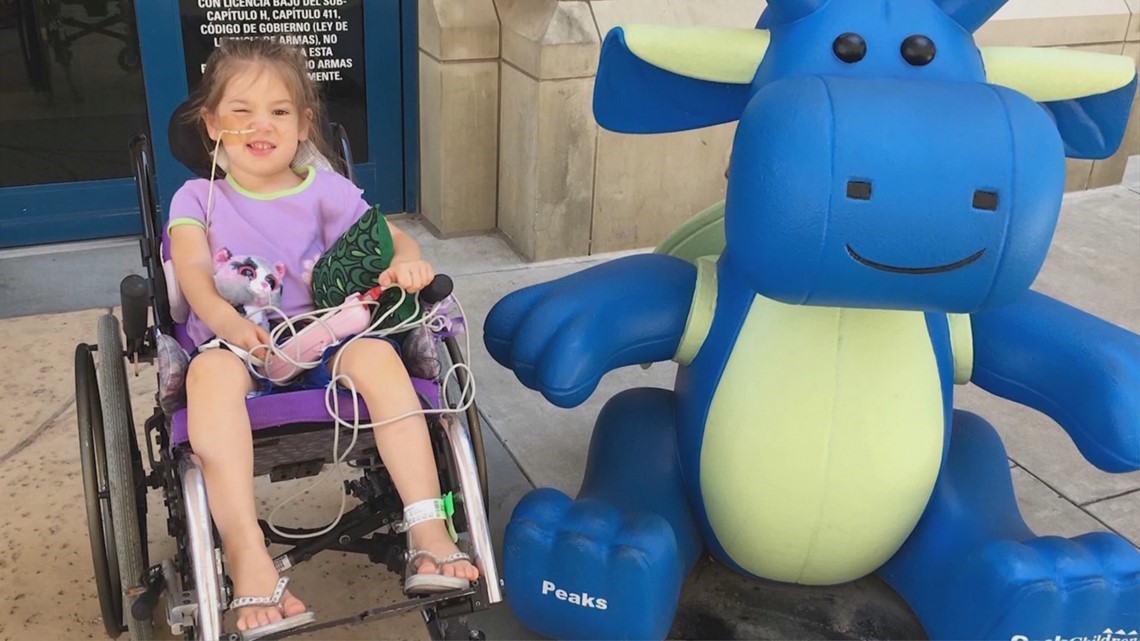At least two children in the Greater Houston Area have contracted a rare illness that mimics polio and can cause paralysis in children.
Acute flaccid myelitis affects a person's nervous system and can paralyze a child's arms and legs.


The Texas Health Department confirms one case in Harris County and one in Galveston County. Eight cases have been reported statewide.
At this point, doctors aren't required to report cases to the state, so it's possible there are others.
Acute flaccid myelitis is so rare that less than one in a million will get it, according to the Center for Disease Control and Prevention.
There is no cure or treatment at this time.
RELATED: What you need to know about AFM
RELATED: More stories about AFM
Symptoms include drooping face and eyelids, difficulty moving eyes and swallowing, and slurred speech. In severe cases, children might have trouble breathing and need a ventilator because of muscle weakness.
Maepeli Burns was diagnosed shortly after recovering from an asthma attack.
"Her arm was just kind of hanging there," her mom said. "We had to teacher her how to go up the stairs, how to get up."
Physical therapy helps some patients strengthen their muscles.
“If it’s implemented very early on and aggressively, I think that people can see a noticeable change and improvement in their functioning," said Dr. Sherri Onyeigo with Harris County Public Health.
She said viruses like West Nile have been known to cause AFM, along with environmental toxins and genetics, but in most cases the cause is still a mystery.
“It can make the diagnosis very difficult …It can have very similar crossover symptoms to other issues that impact the nervous system," Dr. Onyeigo said.
Dr. Onyiego says the best way to protect your kids is to make sure they’re up to date on vaccines and follow all of the mosquito prevention tips you would with Zika or West Nile Virus. The CDC also advises parents to make sure their kids are washing their hands frequently.
Experts say parents should take their children to the emergency room if they notice any muscle weakness.
“If one arm isn’t working correctly, or one leg, or one side of the body, or if you notice an asymmetry in the face where one side looks very different than the other side, that child should be evaluated," said Dr. Fernando Acosta Jr. with Cook Children's Medical Center in Fort Worth.
The good news is, AMF is not widespread like polio was in the 1940s and 1950s.
Between 2014 and 2018, the CDC received reports of more than 360 cases. It is actively investigating AFM cases, and trying to unearth more information about the mysterious condition.
Afm Symptoms Infographic by KHOU on Scribd

